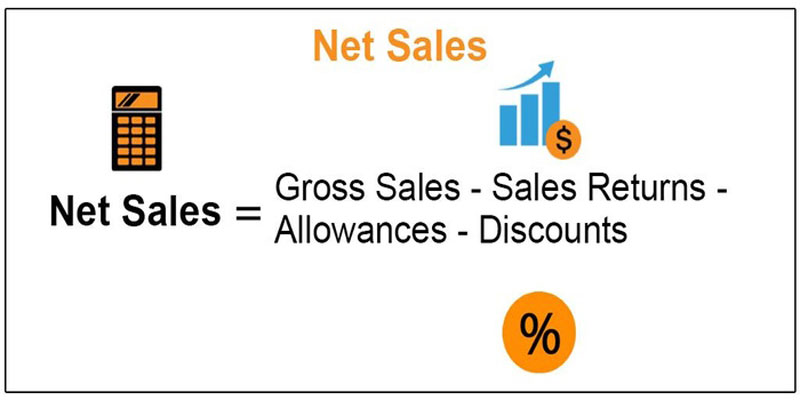Basics of Hedge Funds
Aug 25, 2022 By Susan Kelly
Hedge funds are investments that employ aggressive trading strategies that generate extremely active returns for investors. They've made quite a reputation due to these gains. However, they're not an option for every investor because the initial requirements for investment are generally very high and can only be met by accredited investors like institutional investors or individuals with high net worth.
Hedge funds are similar to mutual funds since they permit investors to buy or sell shares. However, since they use aggressive investments and vehicles, hedge funds carry a higher risk for the investor. The regulation of the industry of hedge funds was a bit lax; however, things changed following the economic crisis.
These funds are a tangled beast, not just for investors but also for the people who manage the funds. Establishing one is a challenge, much greater in the United Kingdom than in the United States. It is a process that is likely to take up to 3 months. New businesses typically need to engage an outside company to set up and ensure the fund's compliance with all regulations and laws.
Regulations and Approvals
Managers of hedge funds must obtain approval before they can open funds in the U.K. under the Financial Services and Markets Act 2000. The most important step is learning how to navigate the body in charge. The authorization and regulation process is a part of FCA, which was previously called FSA.
Applications by the Financial Conduct Authority can take up to six months before they are accepted. The approval process is for that the manager of investments to prove sufficient financial resources as well as the right personnel, systems, and controls for managing the fund. There are many requirements to meet:
- Set the requirements for financial resources based on the extent to which the fund falls in of MiFID of the European Community.
- Show the competency of your investment team through passing an exam in complete or in part on your experience in management outside of the U.K.
Key Elements
Navigating external regulations and authorizations is not the only one of the many issues hedge fund managers will face. Before they start operations, fund managers must choose the following:
Jurisdiction
It is the location where the fund's activities are conducted. The jurisdiction does not have to reside in the same place as the fund administrator. What is the significance of this? The fund's headquarters determines its tax structure or the way it is taxed. A lot of funds are located in tax havens located offshore. Countries such as the Cayman Islands, Bermuda, Luxembourg, and Ireland are popular due to their very favorable tax laws for corporations. For example, Bermuda, Luxembourg, and the Cayman Islands are among the biggest offshore financial centers around the globe. Companies established in the Cayman Islands are not taxed. Hedge funds gain from offshore jurisdictions since it is the investor and not the fund taxed on the portfolio's growth.

Oversight and Providers
British law requires hedge funds to be run by at least two independent directors who are required to be based offshore for tax purposes. The IME permits hedge funds to select a U.K.-based investment manager, provided they meet certain conditions. Many funds are created to be self-managed. These managers are appointed by the officers appointed by the fund, saving time and money. Other firms looking to establish an investment fund are administrators, custodians, independent auditors or principal lawyers, brokers, and tax advisers.
Whatever oversight and provider arrangements are constructed, the managers must act independently to provide investment management services. All transactions must be carried out in the normal procedure of business. Managers pay a set amount in exchange for their service. They cannot comprise more than 20 percent of the fund's assets.
Withdrawal Restrictions
One of the most important aspects that management must decide on is how withdrawals are handled and whether there are fees associated with them. A very popular feature is known as the "lock-up" period. Investors can't withdraw their shares through redemption or selling them during this period, generally between one and two years. The reason is that the fund manager has to have time to balance their portfolio in certain situations. Funds can charge fees if investors violate the lock-up clause. They can be able to charge redemption charges like other mutual funds.

Special Considerations
Fund managers must think about the possibility of establishing a track record and demonstrate that they've got the skills to be successful. A fund's track record duration depends on any requirements that investors might encounter, in addition to the manager's background or experience. Investors typically want to see an apples-to-apples analysis by looking at a different firm's manager's track record using the same approach.








